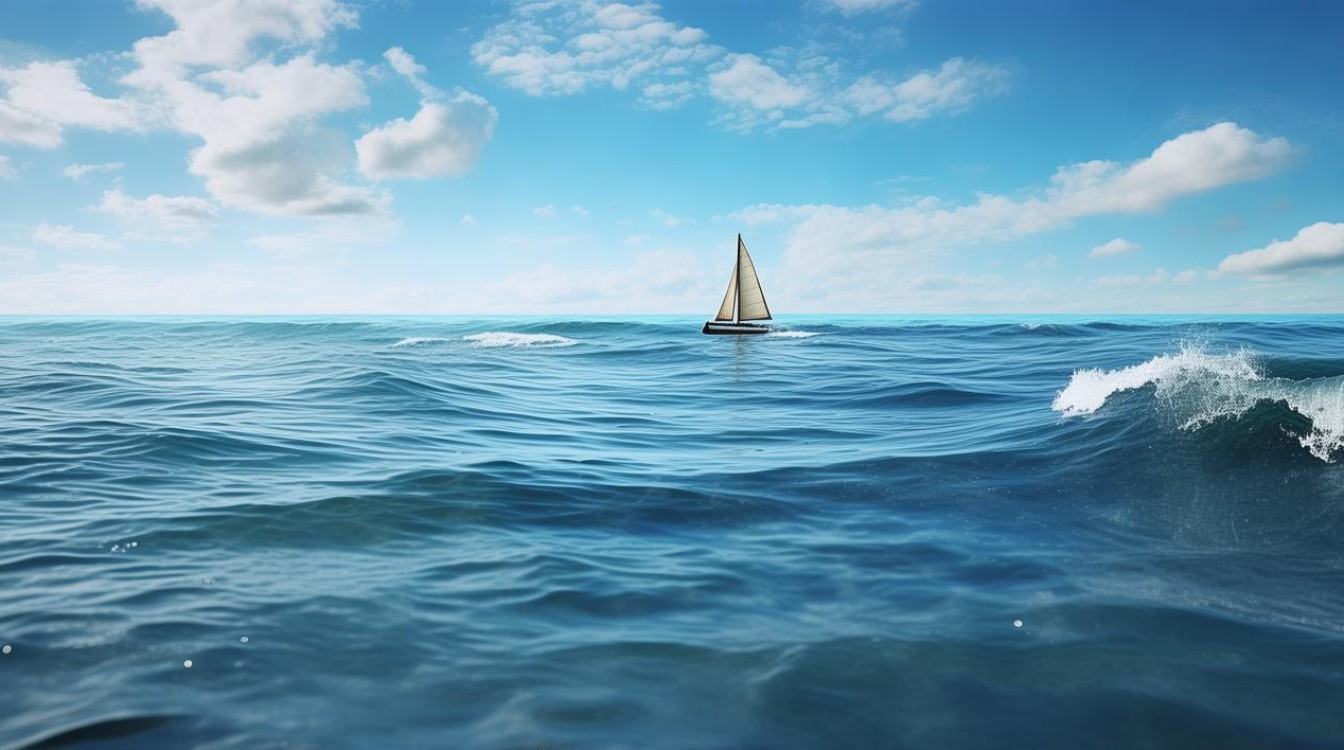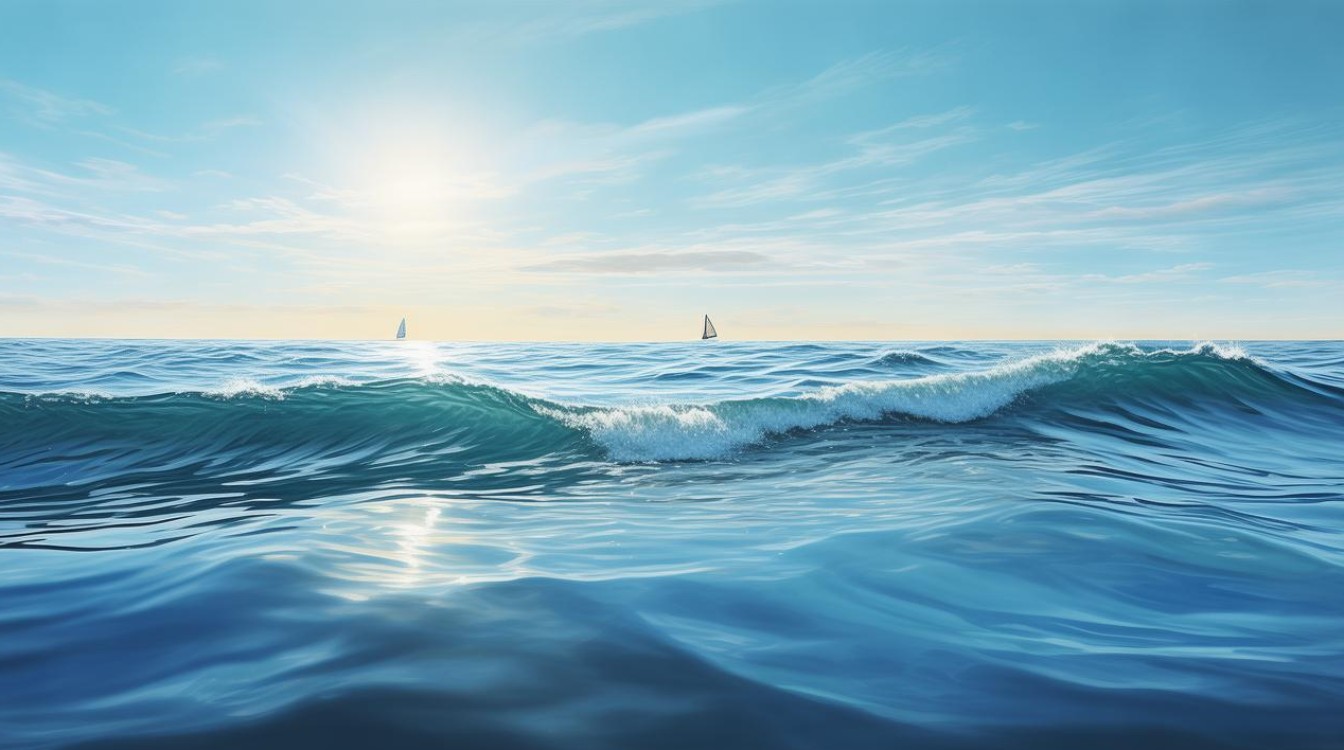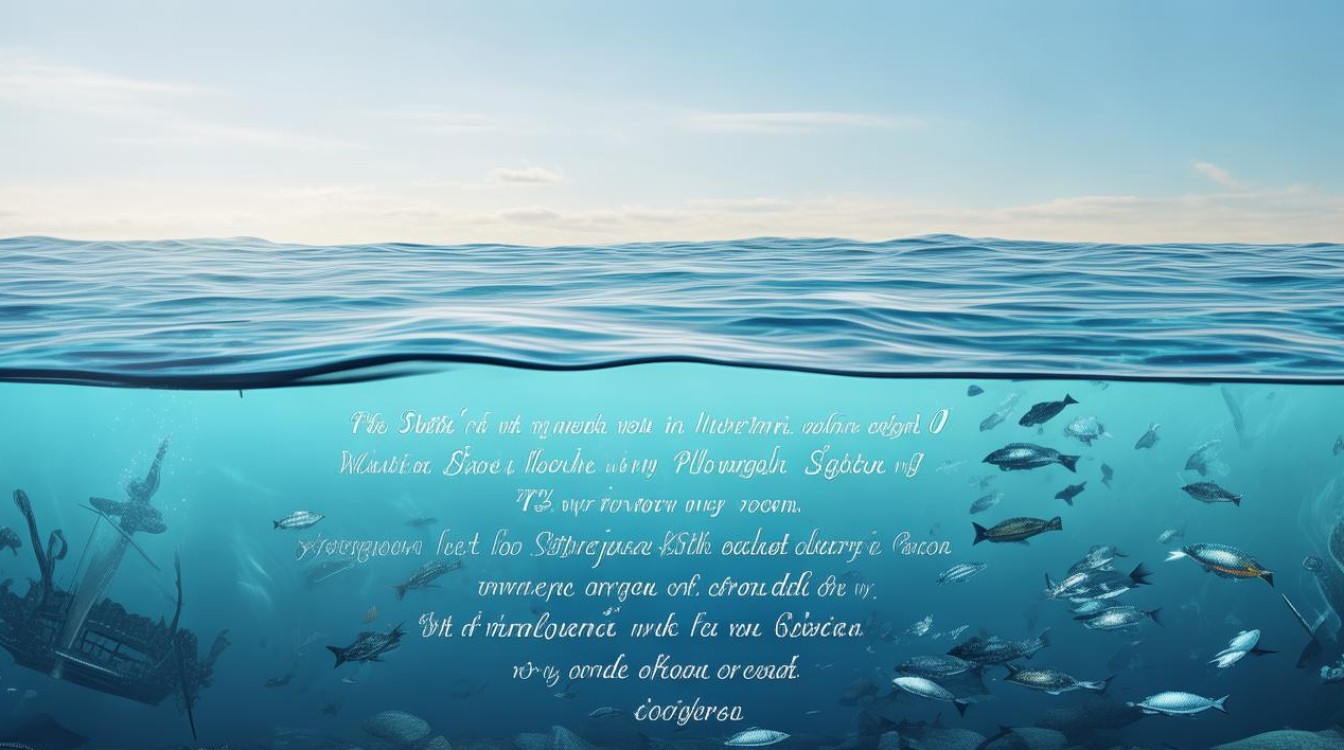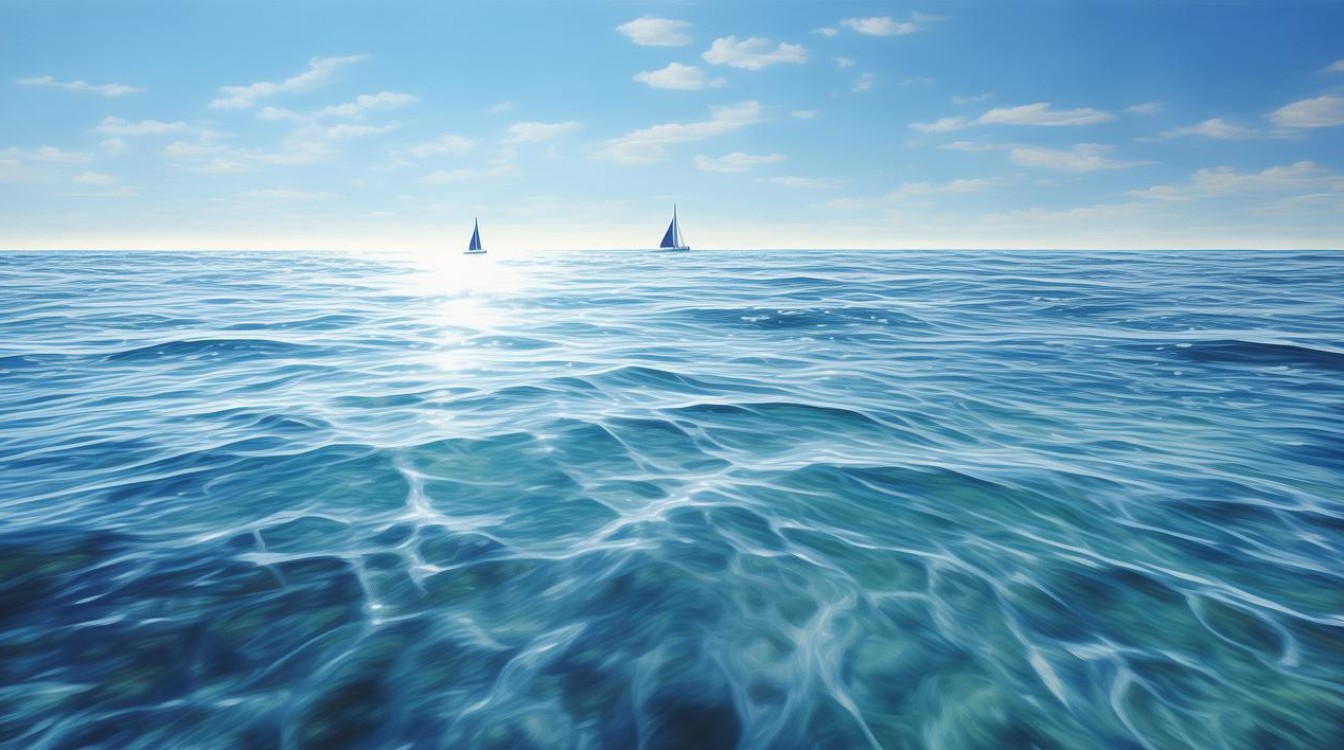The ocean has always captivated human imagination with its vastness and mystery. Among its many moods, a quiet, tranquil sea holds a special allure. The English language offers a rich vocabulary to describe this peaceful state. Whether you're a writer seeking the perfect word or simply fascinated by maritime terminology, understanding these terms can deepen your appreciation for the sea’s quieter moments.

Tranquil
"Tranquil" describes a sea that is perfectly calm, undisturbed by waves or wind. It evokes a sense of peace and stillness, often associated with early mornings or sheltered bays where the water mirrors the sky.
Example: "The tranquil waters of the lagoon reflected the sunset like a polished mirror."
Serene
Similar to "tranquil," "serene" emphasizes a quiet, untroubled surface. It suggests a harmony between sea and sky, where even the slightest ripple feels deliberate.
Example: "The boat drifted across the serene expanse, leaving barely a trace on the glassy surface."
Placid
"Placid" refers to a sea so calm it seems almost unresponsive. This word often describes lakes as well, but when applied to the ocean, it highlights rare moments of absolute stillness.
Example: "The placid sea stretched endlessly, its surface smooth as silk under the midday sun."
Glassy
When the ocean is "glassy," it means the water is so still it resembles a sheet of glass. This term is frequently used by sailors and photographers to describe ideal conditions.
Example: "The dawn light turned the glassy sea into a shimmering canvas of gold and blue."
Unruffled
An "unruffled" sea is one that remains smooth despite potential disturbances. It implies resilience, as if the water refuses to be stirred.
Example: "Even as the wind picked up, the inlet remained unruffled, a pocket of calm amid the gathering storm."
Still
"Still" is the simplest way to describe a motionless sea. It’s often used in poetry and navigation logs to emphasize the absence of movement.

Example: "The harbor was eerily still, not a single wave lapping against the docks."
Halcyon
Derived from Greek mythology, "halcyon" refers to a period of peace and calm, often at sea. It’s a poetic term, evoking idyllic, almost mythical tranquility.
Example: "They sailed through halcyon days, the ocean granting them safe passage under cloudless skies."
Quiescent
"Quiescent" suggests a temporary pause in activity, as if the sea is holding its breath. It’s a more scientific or literary term, implying potential energy beneath the surface.
Example: "The quiescent sea belied the currents churning far below, unseen but ever-present."
Smooth
A "smooth" sea lacks any noticeable waves or ripples. It’s a straightforward term, often used in weather reports and maritime forecasts.
Example: "The captain ordered full speed ahead, taking advantage of the unusually smooth conditions."
Limpid
"Limpid" describes water that is not only calm but also clear, allowing visibility deep below the surface. It’s a word that combines stillness with transparency.
Example: "The limpid waters revealed schools of fish darting among the coral, undisturbed by the world above."
Pacific
Though commonly associated with the Pacific Ocean, "pacific" as an adjective means peaceful and calm. It’s a formal term, often used in historical or literary contexts.
Example: "The pacific waters of the cove provided a safe haven for the weary travelers."

Waveless
"Waveless" is a direct descriptor for a sea completely devoid of waves. It’s less common but highly specific, useful for technical or descriptive writing.
Example: "The waveless horizon merged seamlessly with the sky, creating an illusion of infinite space."
Stagnant
While "stagnant" usually has negative connotations, it can describe a sea so calm that there’s no movement at all. It suggests a lack of freshness or vitality.
Example: "The stagnant air and unmoving water made the bay feel more like a vast, silent pool."
Motionless
"Motionless" emphasizes the absence of any movement, often creating an eerie or surreal atmosphere.
Example: "The ship sat in the motionless sea, as if time itself had stopped."
Dead Calm
A nautical term, "dead calm" refers to a complete absence of wind and waves. It’s often used in sailing contexts to describe challenging conditions for movement.
Example: "The yacht was stranded in dead calm, the sails hanging limp in the stifling heat."
Mirror-like
When the sea is "mirror-like," it reflects the surroundings with perfect clarity. This term is favored in photography and travel writing.
Example: "The mirror-like surface doubled the beauty of the coastal cliffs, creating a breathtaking illusion."
Untroubled
"Untroubled" suggests a sea free from disturbances, whether natural or man-made. It carries a sense of purity and innocence.

Example: "The untroubled waters of the remote atoll were a paradise for divers and marine life alike."
Sleepy
A "sleepy" sea is one that seems drowsy or slow-moving, often used in personification.
Example: "The sleepy bay barely stirred, its gentle sighs barely audible against the shore."
Windless
A "windless" sea is calm due to the absence of wind. This term is practical, often appearing in weather discussions.
Example: "The windless morning left the sea flat and silent, a rare sight in these turbulent waters."
Hushed
"Hushed" implies a quietness so profound it feels deliberate, as if the sea is holding back its usual sounds.
Example: "The hushed waves barely whispered against the hull, a stark contrast to their usual roar."
The English language offers countless ways to describe the ocean’s quieter moments. From the poetic "halcyon" to the practical "dead calm," each term captures a different shade of tranquility. Whether you're a writer, sailor, or simply an admirer of the sea, these words can help articulate the beauty of a calm ocean.
The next time you stand by the shore or read about maritime adventures, take a moment to appreciate the subtle differences in these descriptions. Language, like the sea itself, holds depths waiting to be explored.

